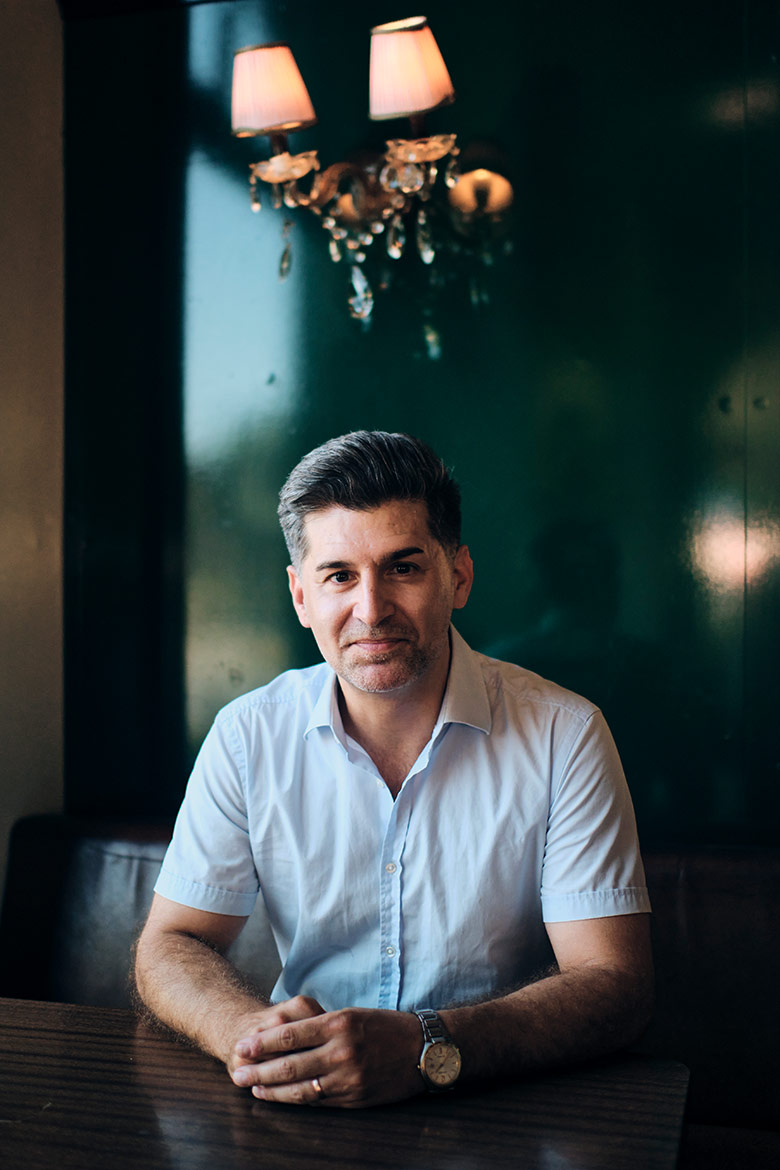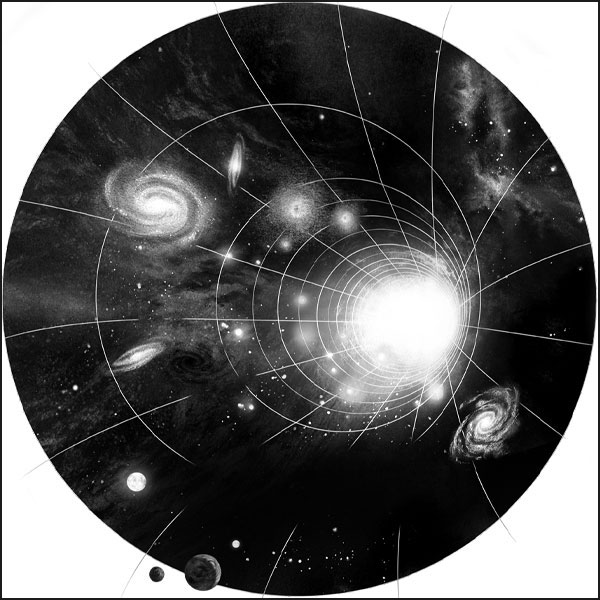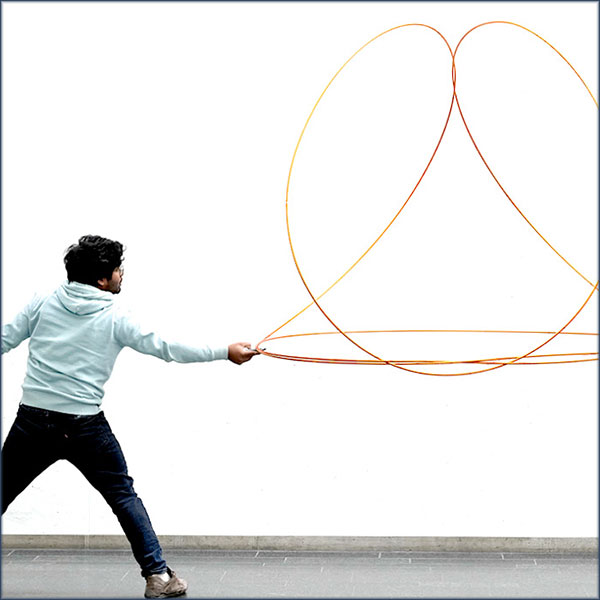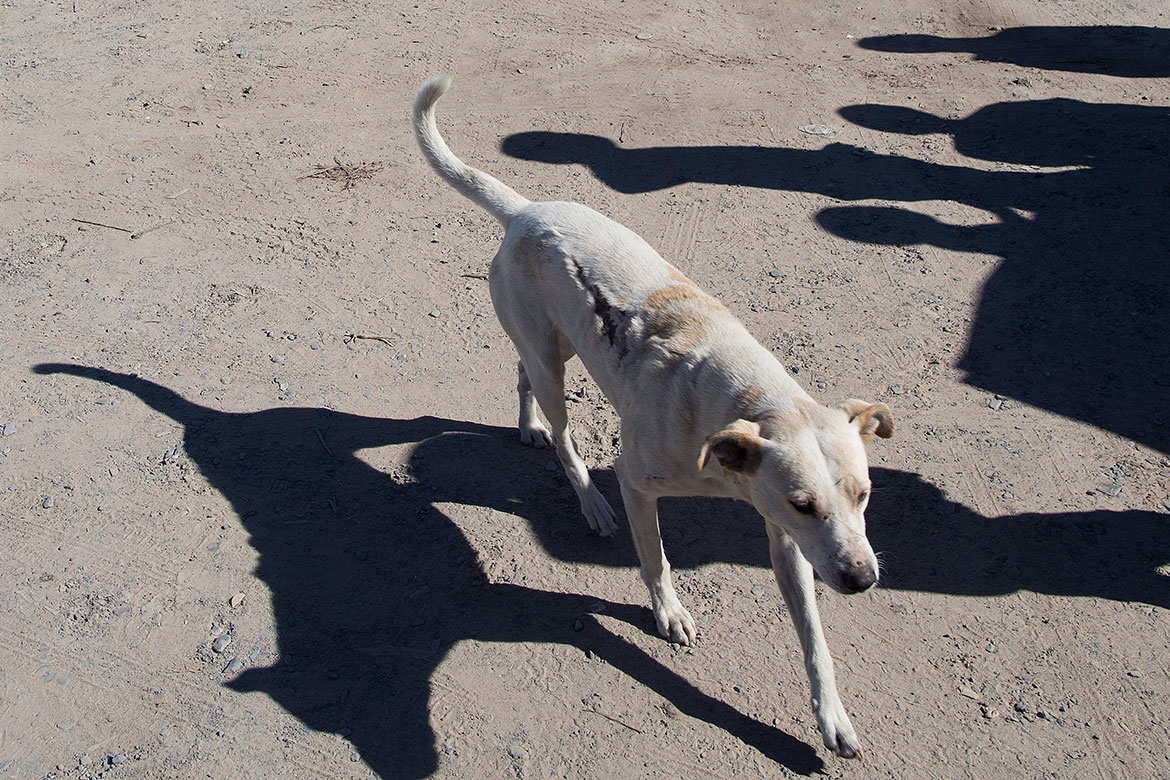STANDPOINT
“We’re not a political party”
There are heated debates about postcolonial theory. This is why Kijan Espahangizi, a historian at the University of Zurich, would like these discussions to be more nuanced.

Kijan Espahangizi is demanding more self-criticism within postcolonial theory. | Photo: Jonathan Labusch
Kijan Espahangizi is a historian at the University of Zurich. His mother is German, his father Iranian. Among his topics of research are migration history, racism and multiculturalism – and he engages with postcolonial theory, which is today is regarded as a polarising approach.
Kijan Espahangizi, what is postcolonial theory?
It’s an open, heterogeneous field with a single common denominator: If you want to understand the world today, you have to look at how it was shaped by European colonialism. The former colonial empires continue to have an impact on our economy, culture, politics, science and scholarship. This approach has long been part of the toolbox of many historians who didn’t necessarily see themselves as proponents of the theory itself.
But it’s still a contested approach.
Historically, postcolonial theory has always been closely linked to political issues. Especially since the conflict in the Gaza Strip flared up, postcolonialism has become associated with the ongoing culture wars. Some people see it as a left-wing, ideological stance. But some proponents of the theory can also be overly hasty in dismissing critical objections to attacks from the political right.
And that’s something you criticise?
Yes. I think adopting a mentality in which you’re circling the waggons merely promotes culture wars. The humanities and social sciences stand for critical reflection, but that has to apply to your own ideas too. We have to find a way of defending ourselves against political attacks on the autonomy of research while at the same time criticising certain aspects of our own theory.
What aspects?
Postcolonial theory is a child of the 1970s, when the West was held up as a perpetrator that was busy oppressing the rest of the world. There’s a tendency here to think in black-and-white terms in a way that doesn’t fit today’s multipolar world. There are regions that once were beholden to the colonial powers but have long since become global players themselves – I’m thinking here of China, India, Qatar, Saudi Arabia and Iran, for example. Postcolonial approaches find it difficult to be equally critical of Islamist, Russian and Chinese imperialism. But indulging in selective criticism plays into the hands of the wrong geopolitical players.
In short: You’re saying that postcolonial theory is itself Eurocentric.
(Laughs.) Yes, that observation is quite correct. Astute researchers have recognised that, deep down, postcolonial research doesn’t live up to its own standards.
You recently engaged in self-criticism at a podium discussion in Basel. How was that received?
I think it’s great that students are campaigning for spaces in which a more differentiated debate can take place. That’s precisely what we need! Of course there was a group in the audience who didn’t want to hear any criticism. But I’m convinced that they’re just a loud minority. Regrettably, you could feel the waggons circling on the podium, where some were convinced that criticism ought to stay ‘within the family’. But that harms the relationship between scholarship and the general public. After all, we’re not a political party.




